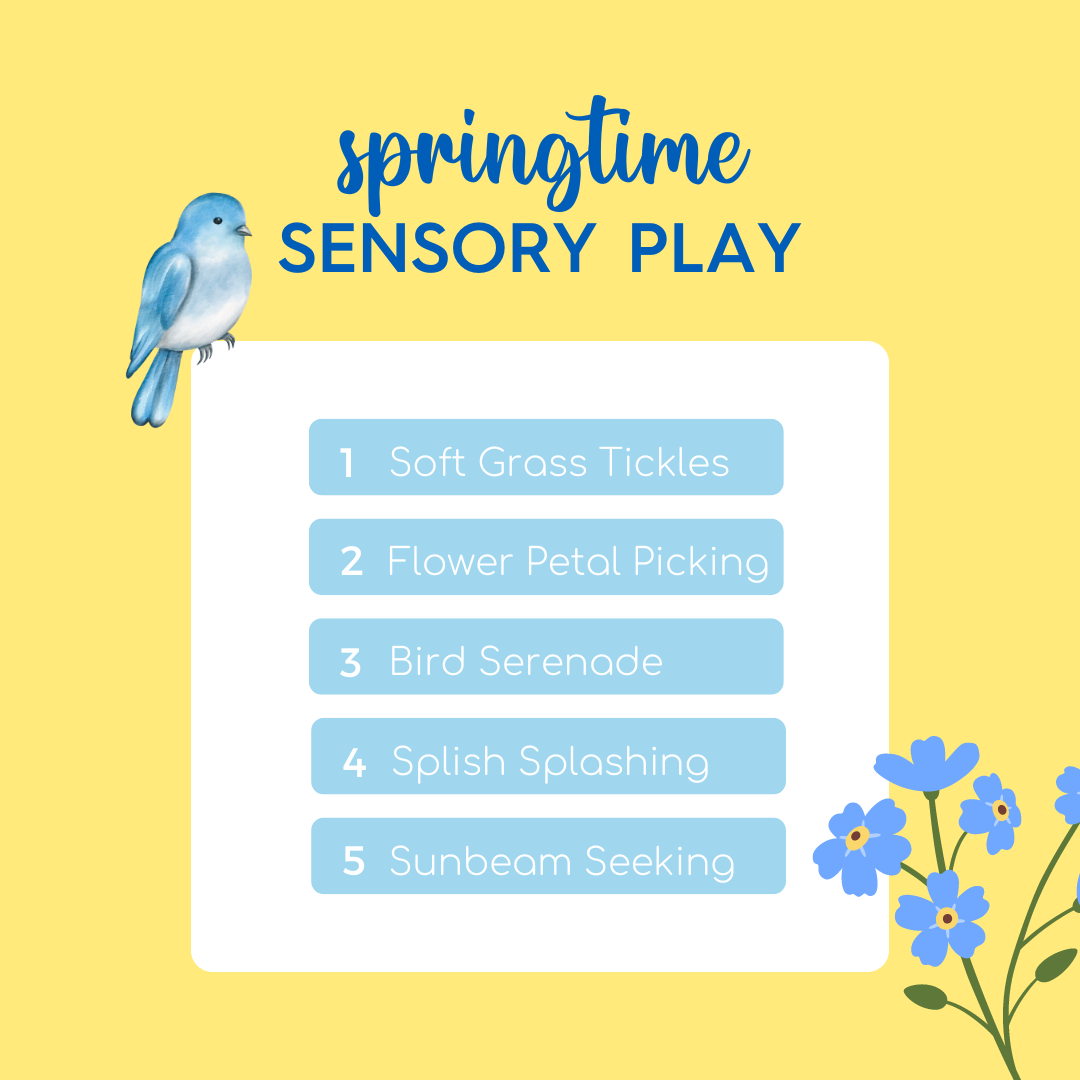Could Probiotics Help Colicky Newborns?

 I was reading an article on how the University of Texas Health Science Center at Houston may have discovered that an inflamed gut could be one of the causes of colic. The article states that ". . . the study pointed to an organism called Klebsiella, a normally occurring bacterium that can be found in the mouth, skin and intestines. In the study of 36 babies, half of which had colic, researchers found the bacterium and gut inflammation in the intestines of the babies with colic."
I was reading an article on how the University of Texas Health Science Center at Houston may have discovered that an inflamed gut could be one of the causes of colic. The article states that ". . . the study pointed to an organism called Klebsiella, a normally occurring bacterium that can be found in the mouth, skin and intestines. In the study of 36 babies, half of which had colic, researchers found the bacterium and gut inflammation in the intestines of the babies with colic."
J. Marc Rhoads, M.D., the lead researcher of the study had this to say, "We believe that the bacterium may be sparking an inflammatory reaction, causing the gut inflammation. Inflammation in the gut of colicky infants closely compared to levels in patients with inflammatory bowel disease. Colic could prove to be a precursor to other gastrointestinal conditions such as irritable bowel syndrome, celiac disease and allergic gastroenteropathies." Which leads to the question of probiotics. Probiotics are defined as ". . . live microorganisms thought to be healthy for the host organism. Lactic acid bacteria (LAB) and bifidobacteria are the most common types of microbes used as probiotics; but certain yeasts and bacilli may also be helpful. Probiotics are commonly consumed as part of fermented foods with specially added active live cultures; such as in yogurt, soy yogurt, or as dietary supplements." So, if a newborn was given probiotics, would they he have the gut inflammation? It's an interesting theory, but unfortunately, it will probably take some time to find out as studies haven't been done to test the safety of probiotics in newborns. In the meantime, you can trust your infant to Colic Calm. The solution has nine homeopathic ingredients, one of which is fennel. Fennel in Colic Calm is used to inhibit spasms in smooth muscles, like those in the intestinal tract. The herb aides with indigestion and is also a gas-relieving and gastrointestinal tract cramp-relieving agent. It also provides pain-reducing and anti-microbial actions. Hmmm, I predict that inflammation of the gut will be no longer and you will get a good night's rest. . . Note: Since originally writing this post, I found an interesting study that used probiotics in comparison to simethicone to treat colic. Click here, and scroll down to Lactobacillus reuteri (American Type Culture Collection Strain 55730) Versus Simethicone in the Treatment of Infantile Colic: A Prospective Randomized Study.
 Canada
Canada South Africa
South Africa UK
UK EU & Int
EU & Int Ireland
Ireland Australia
Australia Brazil
Brazil New Zealand
New Zealand













Comments